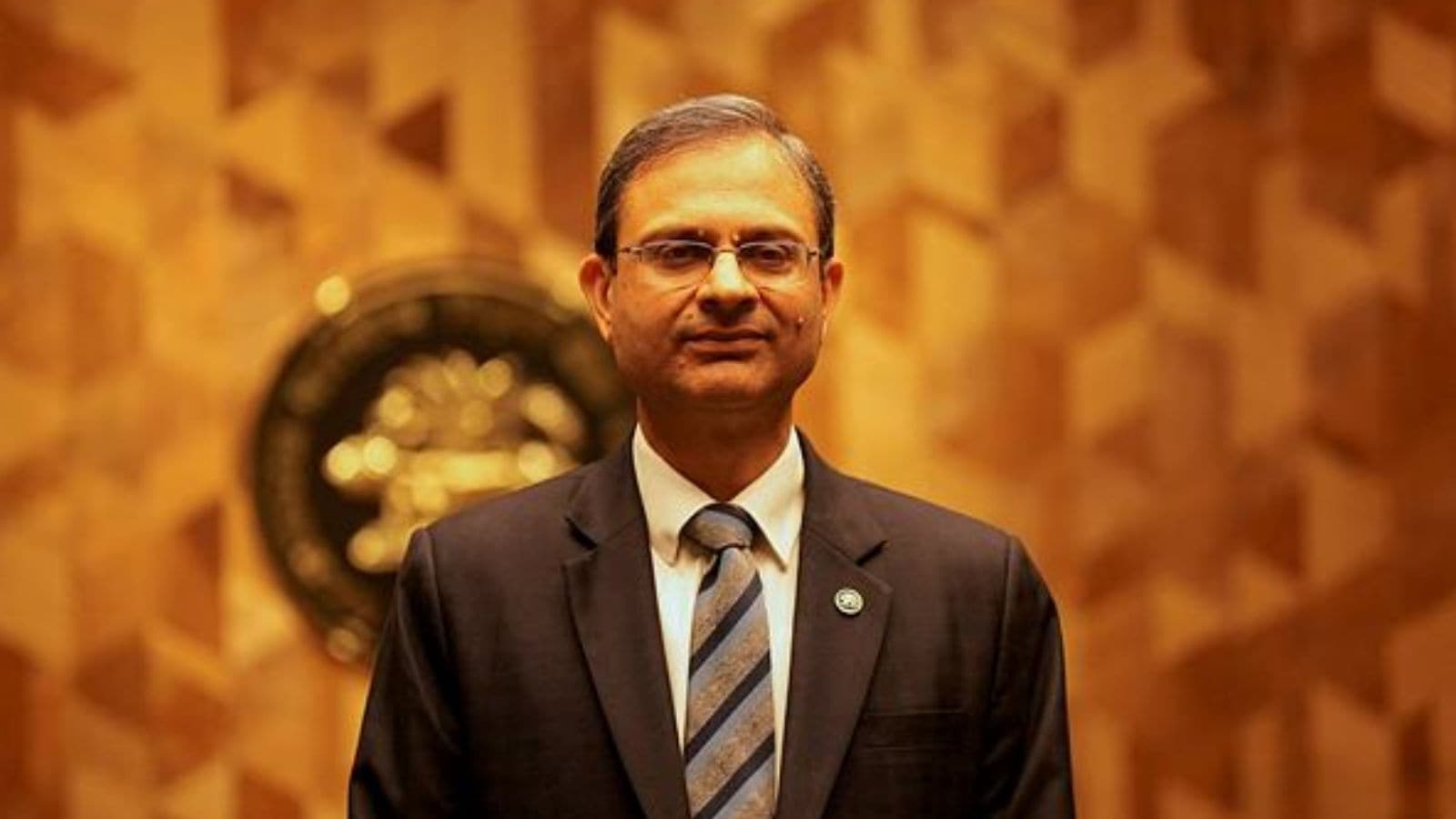 |
|
Sanjay Malhotra, the newly appointed Governor of the Reserve Bank of India (RBI), has outlined his priorities for the central bank, emphasizing a delicate balance between maintaining policy continuity and demonstrating the necessary agility to address emerging economic challenges. His inaugural statement underscores a commitment to stability, a crucial element for businesses and individuals alike, while simultaneously acknowledging the need for responsiveness in a rapidly evolving global landscape. The emphasis on policy continuity reflects a recognition of the importance of predictable economic frameworks, fostering investor confidence and encouraging long-term planning. However, Malhotra's equally strong emphasis on agility highlights the understanding that rigid adherence to pre-determined policies can be detrimental in the face of unforeseen circumstances such as geopolitical tensions, climate change impacts, and unpredictable political shifts. This approach recognizes the dynamic nature of the global economy and the necessity of adapting strategies to effectively manage emerging risks and opportunities.
The current economic climate presents significant challenges. India's GDP growth has slowed to a seven-quarter low of 5.4 percent in the second quarter of the fiscal year, raising concerns about the nation's economic trajectory. Simultaneously, inflation has exceeded the RBI's comfort zone, reaching a 14-month high of 6.21 percent in October 2024. This necessitates a carefully calibrated approach from the RBI, requiring a balance between stimulating economic growth and controlling inflationary pressures. Malhotra's stated top priority – maintaining the growth-inflation balance – directly addresses this crucial task. This will require a comprehensive understanding of various economic indicators, careful monitoring of market trends, and the skillful deployment of monetary policy instruments. The effectiveness of his approach will be a critical determinant of India's economic performance in the coming months and years.
Malhotra's commitment to a consultative approach further emphasizes his commitment to transparency and inclusivity in policymaking. By actively engaging with stakeholders, the RBI can gain valuable insights into the perspectives and needs of various sectors of the Indian economy. This collaborative approach ensures that policies are well-informed, relevant, and effectively address the concerns of those directly affected. This participatory approach fosters trust and confidence in the central bank's decision-making processes, a crucial element for maintaining public faith in the stability of the financial system. The focus on public consultation, as exemplified by the RBI's practice of soliciting feedback on regulations and master directions, underscores a commitment to transparency and accountability, key tenets of effective governance in the financial sector. The continuation of this practice under Malhotra's leadership indicates a commitment to fostering a collaborative and inclusive approach to policymaking, reflecting a broader movement towards participatory governance in India.
Malhotra's background as Revenue Secretary in the Ministry of Finance and previously as Secretary, Department of Financial Services, provides him with invaluable experience in navigating the complexities of the Indian economy. This prior experience will undoubtedly inform his leadership at the RBI. His deep understanding of both fiscal and monetary policy frameworks should facilitate a coordinated and effective approach to managing the interconnected challenges faced by the Indian economy. This experience is particularly valuable in the context of the current economic situation, where a well-coordinated approach between fiscal and monetary policy is crucial for achieving macroeconomic stability. The seamless transition from the Ministry of Finance to the RBI demonstrates a clear understanding of the intertwined nature of these two critical sectors, which promises a collaborative and cohesive approach to policymaking.
In conclusion, Malhotra's appointment as RBI Governor signals a commitment to navigating the delicate balance between policy stability and responsive adaptation. His stated priorities, coupled with his extensive experience in the Indian financial landscape, suggest a proactive and considered approach to addressing the challenges facing the Indian economy. The emphasis on both continuity and agility, combined with a strong commitment to public consultation, provides a framework for effective leadership within the RBI. The success of this strategy will undoubtedly be closely monitored as India grapples with the complexities of balancing economic growth with inflation control in a rapidly changing global environment. The coming months and years will be crucial in evaluating the effectiveness of this approach and its impact on the stability and growth of the Indian economy.
